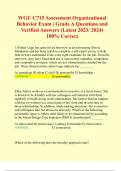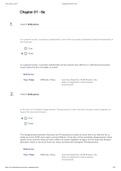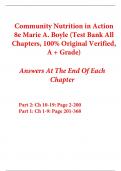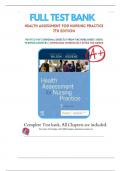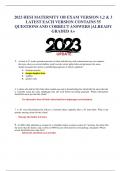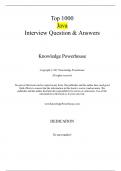Summary
Summary Structure to help answer questions on legal mortgages- whether they are enforceable and which interest takes priority
- Module
- Land Law (LNW)
- Institution
- University Of Law (ULaw)
Structure to help answer questions on legal mortgages- whether they are enforceable and which interest takes priority.
[Show more]




